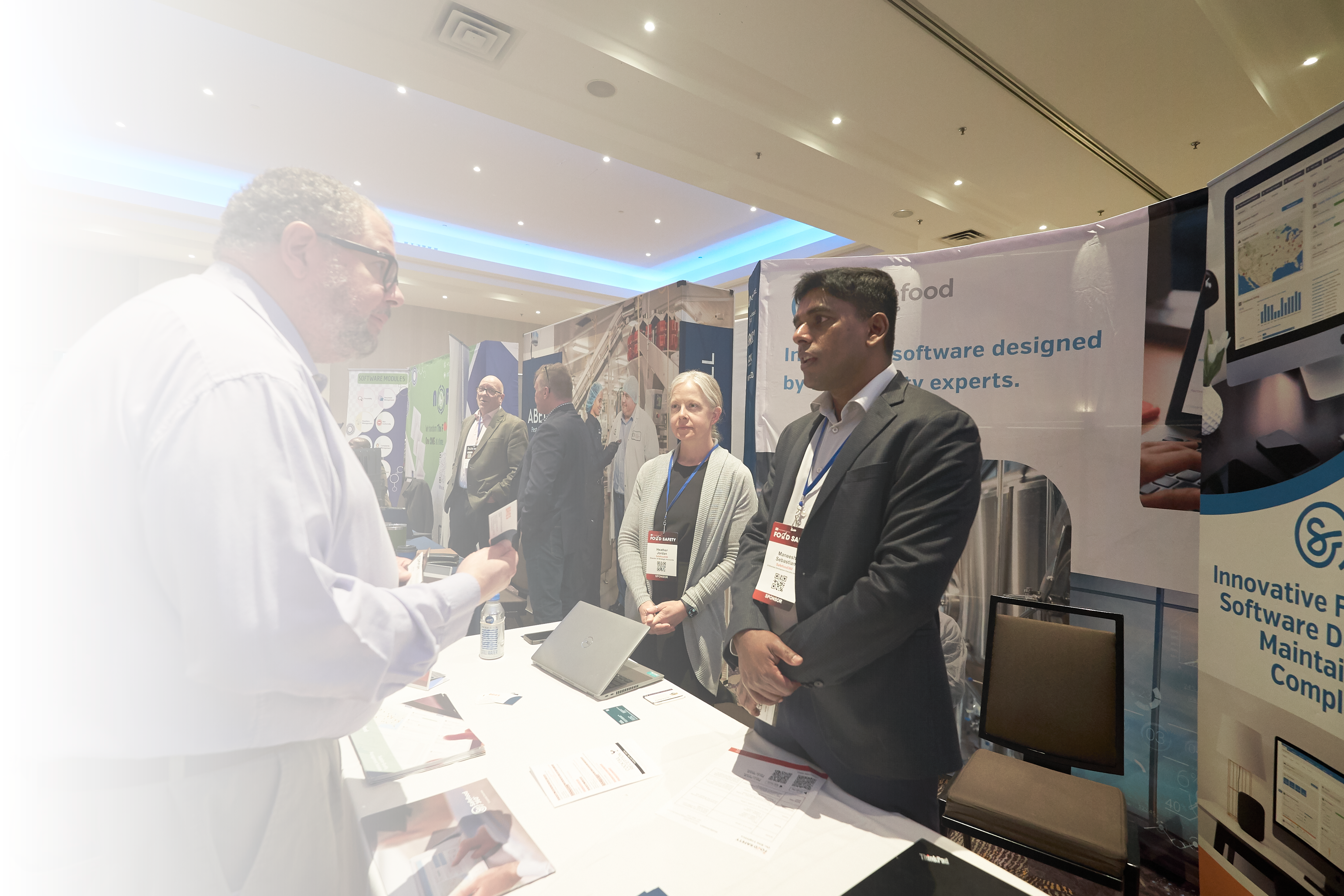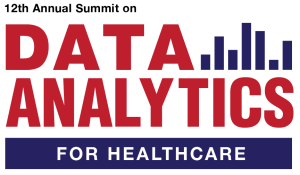Agenda - Day 1
Please note that all times listed are EDT (Eastern Daylight Time; -4:00 UTC)
7:45 am
7:45 am
NETWORKING BREAKFAST: BUILD COMMUNITY CONTACTS

8:45 am
8:45 am
OPENING COMMENTS FROM YOUR HOST
9:00 am
9:00 am
OPENING KEYNOTE
Building Trust in Data-Driven Healthcare: An Essential Foundation for Better Outcomes
9:30 am
9:30 am
OPENING PANEL
And the AI said, “Let there be Governance!”
10:00 am
10:00 am
INDUSTRY EXPERT: DATA PLATFORMS
Unlock Your Data’s Full Potential with a Modern Data Platform
10:30 am
10:30 am
SPEED NETWORKING! MAKE MEANINGFUL CONNECTIONS

11:00 am
11:00 am
EXHIBITOR LOUNGE: VISIT BOOTHS & SOURCE EXPERTISE

11:30 am
11:30 am
CASE STUDY: INTEROPERABILITY – CANADA HEALTH INFOWAY
Advancing Interoperability in Canadian Healthcare: Business Case, Progress, and Collaborative Efforts
12:00 pm
12:00 pm
CASE STUDY: PRIVACY – SE HEALTH
Optimize Privacy Protections in the Digital Transformation of Patient Care
12:30 pm
12:30 pm
NETWORKING LUNCH: DELVE INTO INDUSTRY CONVERSATIONS

1:30 pm
1:30 pm
EXHIBITOR LOUNGE: VISIT BOOTHS & WIN PRIZES

1:45 pm
1:45 pm
INDUSTRY EXPERT: ARTIFICIAL INTELLIGENCE
The AI Promise for a Healthier Future
2:15 pm
2:15 pm
PANEL: AI
How Should We Plan for Future AI Projects Based on What We Have Learnt So Far?
2:45 pm
2:45 pm
CASE STUDY: INDIGENOUS HEALTHCARE DATA
Addressing the Key Challenges in Indigenous Healthcare Data in Canada
3:15 pm
3:15 pm
EXHIBITOR LOUNGE: ATTEND VENDOR DEMOS & CONSULT INDUSTRY EXPERTS

3:45 pm
3:45 pm
CASE STUDY: BI
Building a Robust Data Foundation: From BI Systems to Research Enablement
4:15 pm
4:15 pm
CASE STUDY: ANALYTICS
Drive the Efficiency and Effectiveness of Healthcare Delivery Through Analytics
4:45 pm
4:45 pm
CLOSING COMMENTS FROM YOUR HOST
5:00 pm
5:00 pm
EVENING RECEPTION: ENJOY GREAT CONVERSATION, MUSIC & NETWORKING

6:00 pm
6:00 pm
